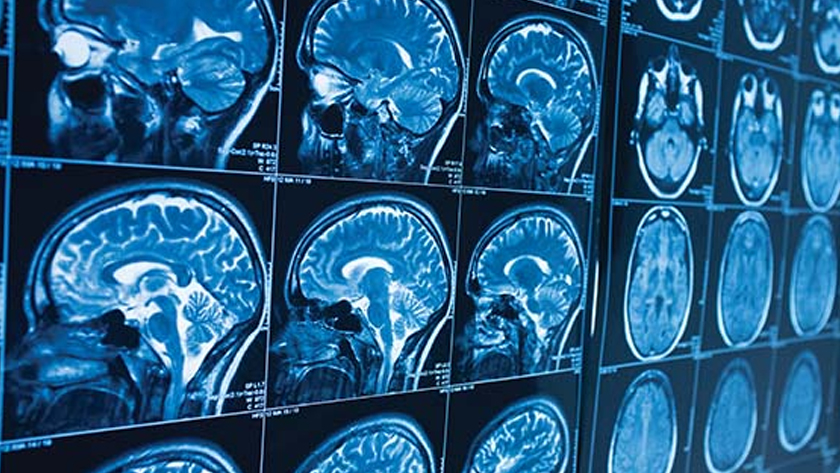Iran Press/ Health: “FTD is unique in it causes loss of function in two of the four lobes of the brain, in the frontal and temporal lobes sparing the parietal lobes and cerebellum,” says Dr. Clifford Segil, neurologist at Providence Saint John’s Health Center in Santa Monica, CA.
Unlike Alzheimer’s disease, FTD does not affect memory, but a person’s personality, ability to communicate, and motor skills.
When language impairment occurs, it is called primary progressive aphasia (PPA).
Early signs include mild behavioral issues Iike apathy, lack of empathy, or issues comprehending words, says Dr. S. Ahmad Sajjadi, an associate professor of neurology and pathology at University of California, Irvine.
Symptoms of advanced disease include severe obsession, agitation, and disinhibited behavior, he added.
“In PPA patients can become mute or lose their ability to comprehend even single language structures,” Sajjadi said.
FTD is often misdiagnosed as a movement disorder like Parkinson’s disease or a psychiatric issue.
To diagnose FTD, a neurologist will examine the symptoms and perform brain scans — magnetic resonance imaging (MRI) and glucose positron emission scans — to see if and how the brain structure is affected.
Frontotemporal dementia tends to affect younger people
FTD is a form of young onset dementia, says Sajjadi.
FTD accounts for about 10 to 20% of dementia cases, and is one of the most common types of dementia in younger people.

Though Alzheimer’s dementia is much more common than FTD, patients under 60 who rapidly develop cognitive, language, and behavioral issues should be evaluated for FTD, maybe even before Alzheimer’s dementia, says Segil.
About a third of cases are inherited, and other than family history, little is known about the risk factors for FTD.
“Despite not being common, FTD is a devastating illness since it affects individuals in the prime time of their life and when many still have young families,” Sajjadi said.
The condition usually progresses slowly
While some forms of dementia advance rapidly, FTD’s symptoms progress more gradually, says Sajjadi.
The speed of progression varies from person to person.
In rare cases, the disease can progress quickly, significantly impacting a person’s memory and cognition.
Some patients will simultaneously develop amyotrophic lateral sclerosis (ALS) — a nervous system disease that impacts speech, movement, and cognition.
“In patients who have this form of disease, progression is fast,” says Sajjadi.
There are no cures for FTD, but therapies can help
There are currently no treatments authorized for FTD.
Treatments are typically prescribed off-label to patients with FTD.
Various medications can help alleviate some of the side effects of FTD, like depression and irritability, to improve quality of life.
Speech therapy can also help patients manage aphasia symptoms.
Unfortunately, there is no cure on the horizon, says Sajjadi.
“Our ability to diagnose exotic causes of memory loss have improved greatly, with easier access to advanced neuroimaging techniques like brain PET scans and high resolution 3T MRI brains, but our treatment ability has not kept up with our improved diagnostic abilities,” says Segil.

Bruce Willis, an actor, has been diagnosed with frontotemporal dementia (FTD), a type of dementia that impacts executive functioning like language and motor skills. FTD is one of the most common types of dementia in younger people and mostly affects people in their 50s and 60s. FTD progresses gradually, and though there is no treatment for FTD, there are therapies and medications that can alleviate the symptoms.
224
Read More:
10 Fun activities that keep brain healthy
6 foods that help reduce anxiety
Maryam Abolbagha

